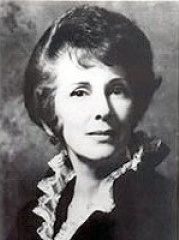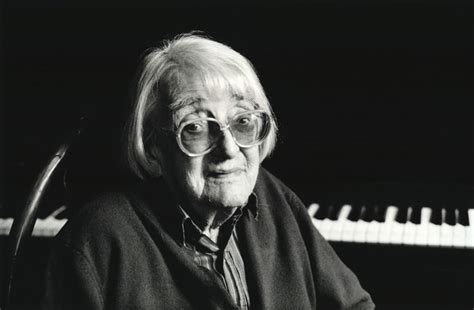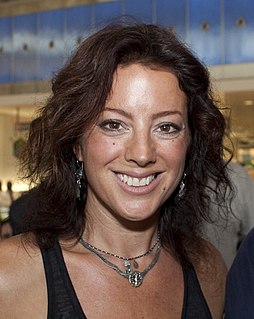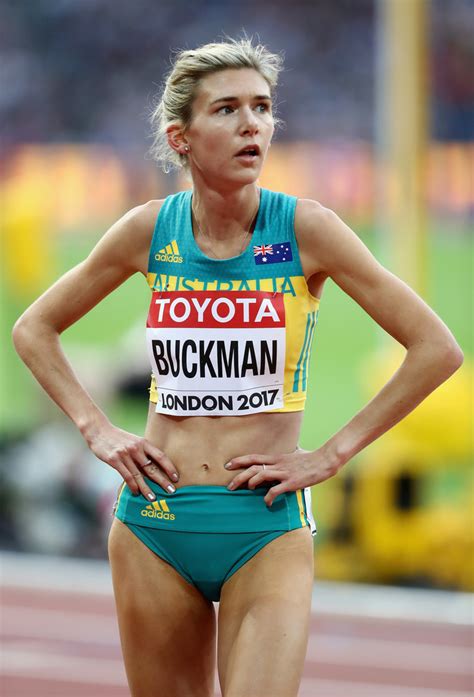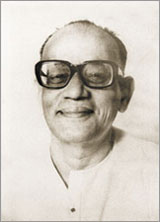A Quote by Estelle Ramey
[Addressing a group of military officers:] Are you a feminist? Oh ... wrong question. I should have asked, 'Are you a father?' When your daughter loses her job to a clearly less-qualified man, you will discover you are a feminist.
Related Quotes
A lot of women seem to have a similar attitude, - 'I'm not a feminist' - and it gets wearying. What's wrong with being a feminist? I'm proud to be a feminist. It's been one of the most positive things in my life. It's one of the best traditions there is. It's admirable to be a feminist and to stand up for one's sex, to fight against inequality and injustice and to work for a better society.
I just got asked by another journalist 'Are you a feminist?' and I was just like... Is there a strange thing at the moment where you have to come out as a feminist? I've been asked if I'm a feminist so many times recently, and I'm just like 'Yes, yes, for God's sake, yes! Is there something that I give off that says I'm not?'
We think of a feminist as someone a woman becomes in reaction to personal indignities and social injustices. But the truth is, such inequities only awaken her to the feminist she has always fundamentally been - that is, a person who understands that her first responsibility is to her own humanity. That's why, for my money, the first known use of the word 'feminist' is still the best, appearing in an 1895 book review: a woman who 'has in her the capacity of fighting her way back to independence.
I believe that we must use language. If it is used in a feminist perspective, with a feminist sensibility, language will find itself changed in a feminist manner. It will nonetheless be the language. You can't not use this universal instrument; you can't create an artificial language, in my opinion. But naturally, each writer must use it in his/her own way.
It used to be, if you wanted to have a strong, influential voice in the feminist movement, you really needed to be part of this New York/D.C. elite group of feminists, or part of a mainstream feminist organization. And now it's kind of an amazing thing that you can just start a blog and put your voice out there and build your readership.
I have been villainized because of my identity - I've received nasty blog comments and emails just based on my willingness to identify with feminism by people who clearly don't understand what I value and why I identify as a feminist. Ultimately, I'm less concerned with whether or not people identify as feminist and am more concerned with whether or not people understand what feminism is. If they don't want to identify as a feminist that's fine. I respect people's decision to identify any way they want and expect that same respect in return, although I don't always get it.
